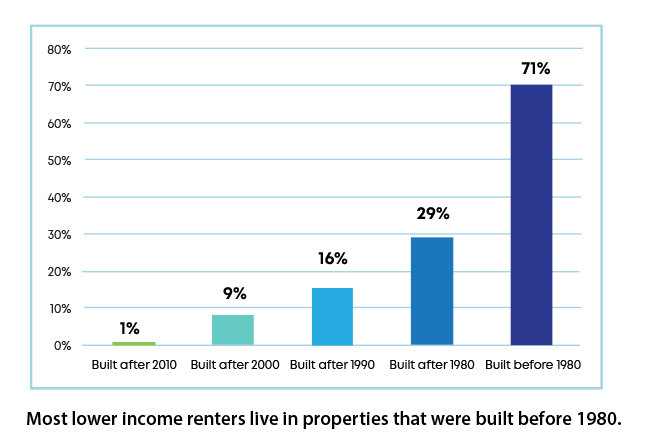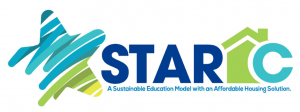TriStar Community
Impact Fund
OUR FOCUS
The preservation of older housing stock is important to maintaining affordability
According to the U.S. Census, there are over 43 million renters in the united states; of which 12 million, or 28%, are living at or below the poverty line.
A socially responsible landlord can build community by delivering social services to its residents and by offering affordable rents at well-maintained properties. TriStar has proven this model and continues to expand upon its success.
Community Impact Fund Overview
The Fund’s objective is to acquire partial or total ownership of apartment communities located in areas suffering from urban blight and situated near schools which are performing in the bottom third of their respective state, as ranked by test scores. Apartment communities which satisfy these criteria are referred to as “Target Communities.” The Fund has invested initially in Target Communities located in the Atlanta metropolitan statistical area.
TriStar’s affordable housing mission is to positively impact communities as socially responsible landlords by delivering to its residents affordable rents combined with important social services. TriStar will follow a structured program to purchase, renovate and manage the community with a focus on stability. Rents will be offered at affordable levels and adjusted for inflation and increased expenses. TriStar will partner with Star-C and other community organizations to provide thoughtful, yet important community programs focused on education, wellness and food security.
Experience
The principals of TriStar have a proven, successful model for building stable communities and impacting local elementary schools since 1996. Below are case studies of TriStar’s work at the some communities around the metro Atlanta region.
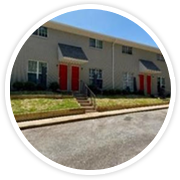
Springview Apartments and Summerdale Apartments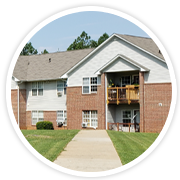
- 244 units in Atlanta, Georgia
- Built in 1971 and 1998; had become severely blighted
- Renovated in 2020
- Rents are affordable for those earning 42% of area median income or $17/hour
- Strong partnership with Cleveland Avenue Elementary/Atlanta Public Schools
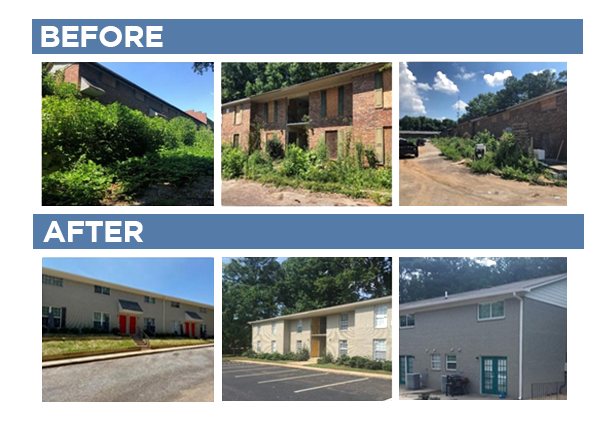
Willow Branch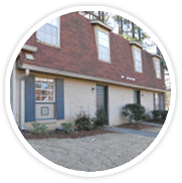
- 186-Units – Clarkston, Georgia
- Average household Income is below the poverty line.
- Built 1972 and purchased 1996
- TriStar implemented on-site elementary education, wellness and gardening grograms.
- Afterschool program operates at capacity with approximately 75 enrolled children, who have show improvement in English language skills and overall progress.
- The wellness program was created through a partnership with Emory University to assist residents in obtaining state or federal healthcare and continues to operate with support from local clinics.
- The community gardens provide plots for residents to grow their own food. Farmers market operates on-site as well.
Madison Hills (now known as Stratford Ridge)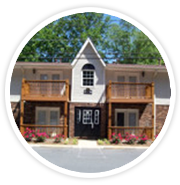
- 446-Units – Marietta, Georgia
- Built 1968 and purchased 2006
- Acquired with 200 down units and went to 95% occupancy in 18 months after renovations, crime reduction, and after school programs.
- On-Site Education Programs grew to 90+ children/teenagers.
- Elementary school went from Federal Watch list of Failing Schools to Title I School of Distinction in 2012.
RETURNS FOR OUR INVESTORS
The Fund will purchase, renovate and repair the Target Communities it acquires, and will operate and manage them in a manner that achieves sufficient profitability to fund their operating expenses and the Fund’s obligations under the Notes, while at the same time delivering on the Fund’s goal of improving and increasing the value of the surrounding community. The Fund expects its activities to greatly enhance the social development of the area surrounding the Target Communities, and to use the proceeds therefrom to, among other things, repay principal and interest on the Notes. Thus, in addition to the monetary return to investors in the Notes, the social impact of the fund’s investment in each Target Community will be measured periodically to produce a measure of economic impact in the immediate community where the Target Community is located.
The fund will pay for approximately half of the cost of the community programs provided by Star-C or other nonprofit organizations to support their services. It is anticipated that Star-C and other non-profits will also seek grants and community volunteer involvement to support their programs in the Target Communities.
SOCIAL RETURN
In addition to an interest payment, Investors shall receive a quarterly report which measures the social impact of our mission on the communities we invest in. We anticipate an estimated a “Community Return” to stabilize at an 8-12% of the loan principal.The fund will pay for approximately half of the cost of the community programs provided by Star-C or other 501(c) organizations to support their services. It is anticipated that Star-C and other non-profits will also seek grants and community volunteer involvement to support their programs in the Target Communities.
ABOUT STAR-C
TriStar’s vision as a socially responsible landlord is to scale its community impact success at apartment communities that are committed to reducing transiency and maintaining affordability. The principals at TriStar partner with the nonprofit Star-C to administer and grow the community programs at future affordable apartment communities. Star-C’s mission is to serve apartment communities located in high-need elementary school districts and work the landlords to reduce transiency Star-C’s programs include free onsite afterschool, free onsite summer camp, wellness and food security. Please visit www.star-c.org to learn more

